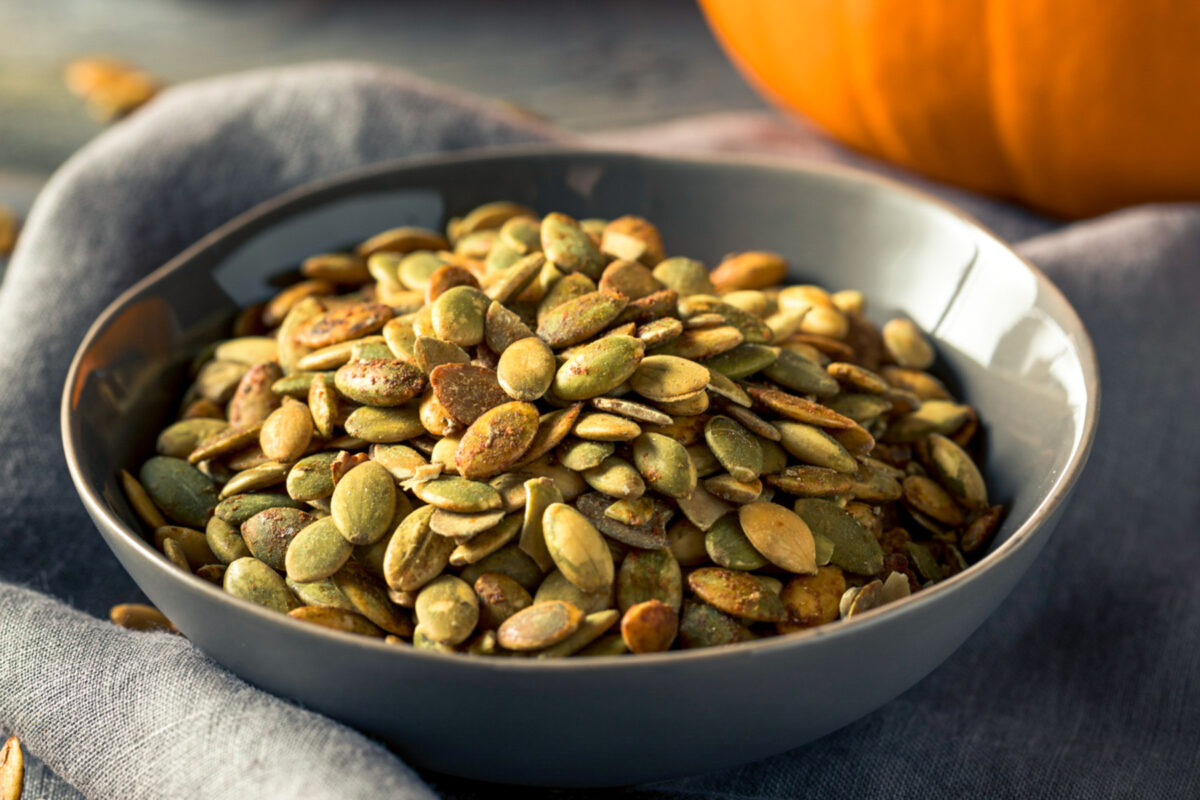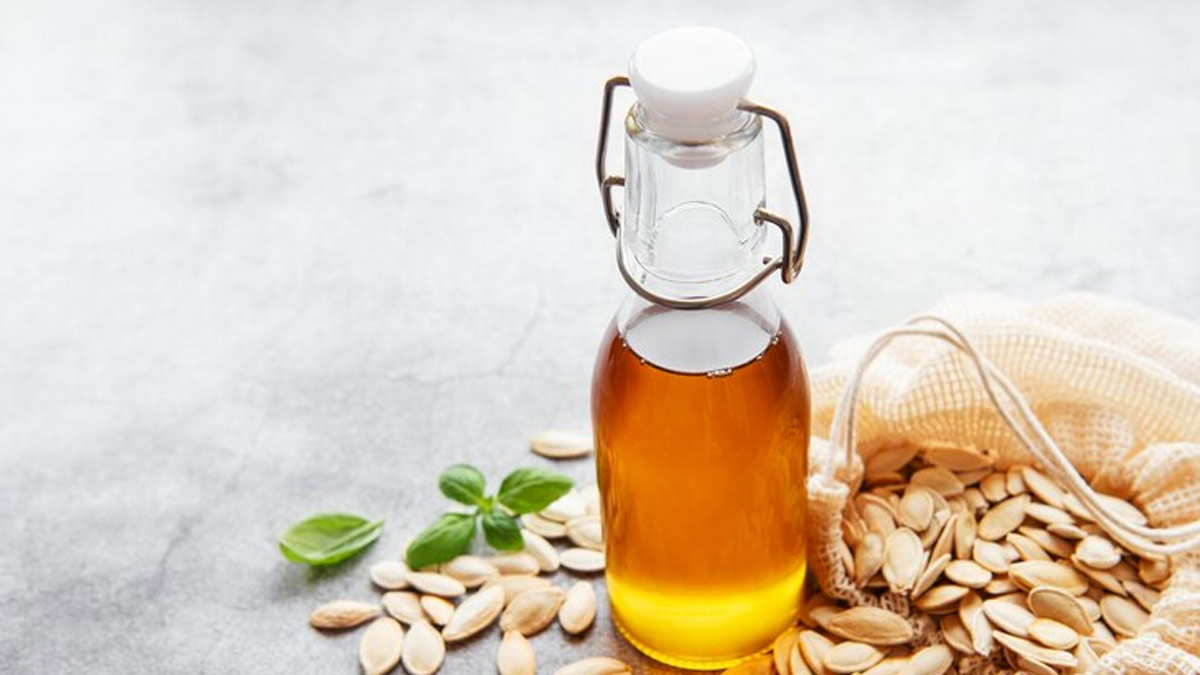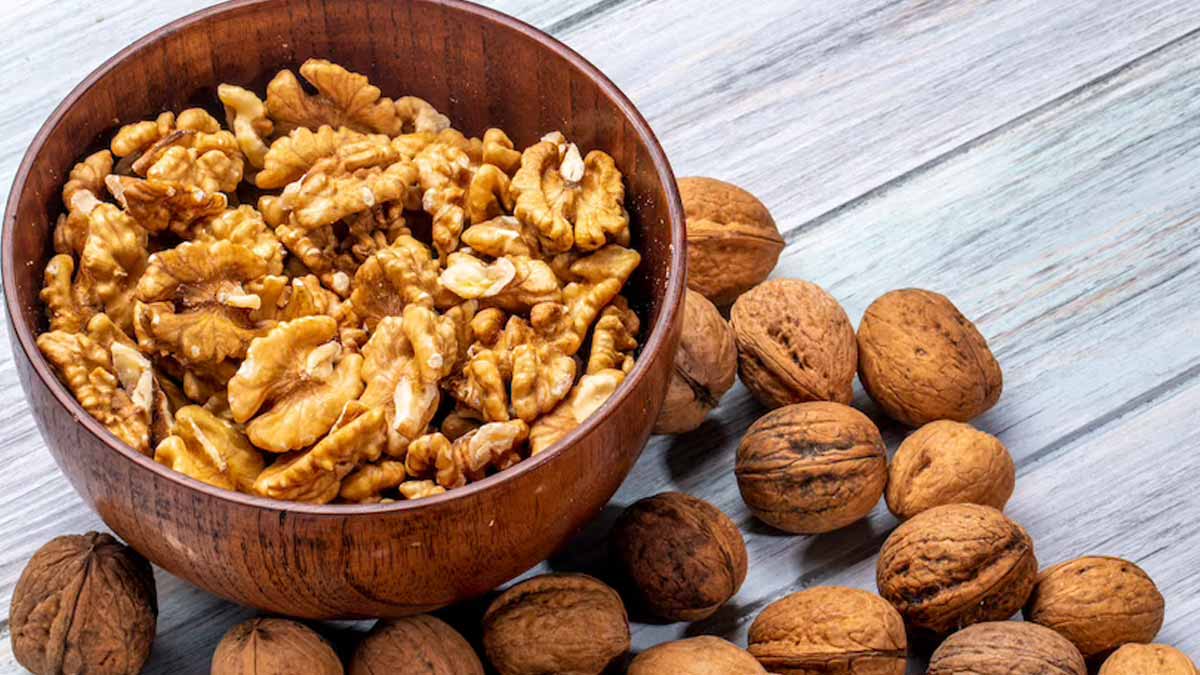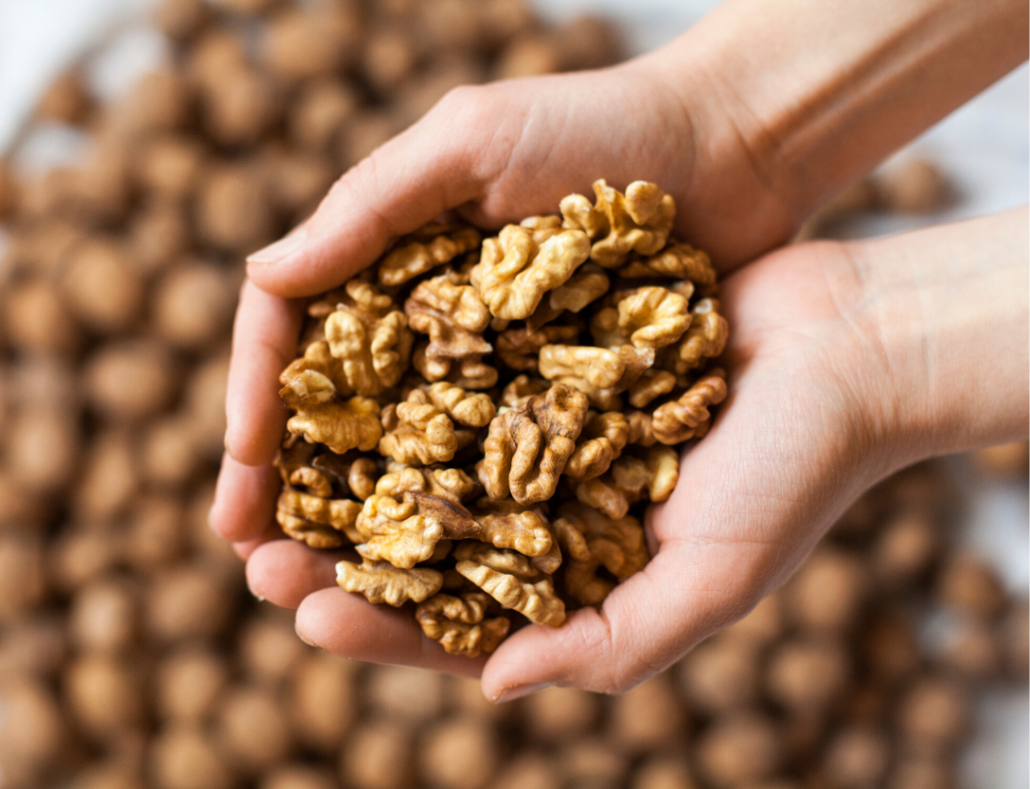Pumpkin seeds, a powerhouse of nutrients, have emerged as a superfood in the realm of health and wellness. Often overlooked, these small seeds are packed with a plethora of nutrients that can significantly benefit men’s health. Rich in vitamins, minerals, and antioxidants, pumpkin seeds offer a simple yet effective way to enhance physical and mental well-being. This article delves into the multifaceted benefits of pumpkin seeds for men, highlighting their role in promoting prostate health, boosting testosterone levels, and supporting overall vitality.
Nutritional Profile of Pumpkin Seeds
Pumpkin seeds are a nutritional marvel, boasting a rich array of essential nutrients. They are an excellent source of zinc, a mineral vital for immune function and cellular growth. Additionally, pumpkin seeds are rich in magnesium, a nutrient that plays a crucial role in over 300 biochemical reactions in the body, including energy production and muscle function. The presence of antioxidants in pumpkin seeds, such as vitamin E and carotenoids, further amplifies their health benefits, protecting the body against free radical damage. Moreover, the unsaturated fats found in these seeds contribute to heart health, making them a wholesome snack for those looking to maintain a balanced diet.
Benefits of Pumpkin Seeds for Men
Promotes Prostate Health
Prostate health is a significant concern for many men, particularly as they age. Pumpkin seeds emerge as a natural ally in maintaining prostate wellness, thanks to their high zinc content. Zinc plays a pivotal role in prostate function and health, with studies suggesting a correlation between adequate zinc intake and reduced risk of prostate issues. Additionally, pumpkin seed oil has been shown to alleviate symptoms associated with benign prostatic hyperplasia (BPH), a condition characterized by the enlargement of the prostate gland. Incorporating pumpkin seeds into the diet may thus offer a protective effect, promoting a healthy prostate and reducing the risk of related diseases.
Boosts Testosterone Levels
Testosterone, the key male sex hormone, is crucial for muscle mass, bone density, and overall vitality. The zinc and magnesium found in pumpkin seeds are instrumental in optimizing testosterone levels. Zinc, in particular, has been linked to the production of testosterone, with deficiencies in this mineral associated with lowered levels of the hormone. Magnesium, on the other hand, plays a role in the biochemical reactions that produce testosterone. Regular consumption of pumpkin seeds can contribute to maintaining healthy testosterone levels, enhancing energy, mood, and libido.
Improves Heart Health
Heart health is at the core of overall well-being, and pumpkin seeds offer multiple benefits in this regard. The magnesium in pumpkin seeds aids in regulating blood pressure and preventing hypertension, a major risk factor for cardiovascular diseases. The seeds’ antioxidants and healthy fats, including omega-3 and omega-6 fatty acids, reduce inflammation and protect the heart. By incorporating pumpkin seeds into one’s diet, men can take a proactive step towards improving their heart health, reducing the risk of heart attacks and strokes.
How to Incorporate Pumpkin Seeds into Your Diet
Integrating pumpkin seeds into your diet is both easy and delicious. These versatile seeds can be enjoyed raw or roasted as a snack, sprinkled over salads for a crunchy texture, or blended into smoothies for a nutrient boost. For a heartier option, pumpkin seeds can be incorporated into homemade granola, bread, or muffin recipes, adding a rich, nutty flavor. Additionally, pumpkin seed oil can be used as a salad dressing or drizzle over cooked dishes, providing a simple way to reap the health benefits of these nutrient-dense seeds.
Conclusion
The benefits of pumpkin seeds for men’s health are both broad and significant. From supporting prostate health and boosting testosterone levels to improving heart health and aiding in weight management, these small seeds pack a powerful nutritional punch. By incorporating pumpkin seeds into their diet, men can take a simple yet effective step towards enhancing their overall health and well-being. As research continues to uncover the myriad health benefits of pumpkin seeds, their status as a superfood is firmly established, making them a valuable addition to a healthy lifestyle




